A Facebook executive said late Monday that his team has found “no evidence” of conservative media outlets being purposefully blocked from a section that collects popular news stories on the site. The response comes after a report by technology news site Gizmodo suggested that some of the contractors who run that section, called “Trending Topics,” let their political biases guide their selections.
“Facebook is a platform for people and perspectives from across the political spectrum,” wrote Tom Stocky, Facebook’s vice president of search. “There are rigorous guidelines in place for the review team to ensure consistency and neutrality. These guidelines do not permit the suppression of political perspectives. Nor do they permit the prioritization of one viewpoint over another or one news outlet over another. These guidelines do not prohibit any news outlet from appearing in Trending Topics.”
Facebook’s Trending section shows a list of news stories that are being widely shared on the platform, with some degree of personalization for each user. Stories that appear there can be rewarded with bountiful attention thanks to Facebook’s vast reach.
Many users believed the section to be largely powered by an algorithm that surfaced widely-shared stories, while human workers added a readable headline and description. However, Gizmodo’s reporting, based on anonymous sources, suggested that the workers on the Trending team have more of a central role in the story selection process.
Read more: It’s time Facebook came clean about how it picks what you read
This Is What Your Facebook Profile Looked Like Over the Last 11 Years
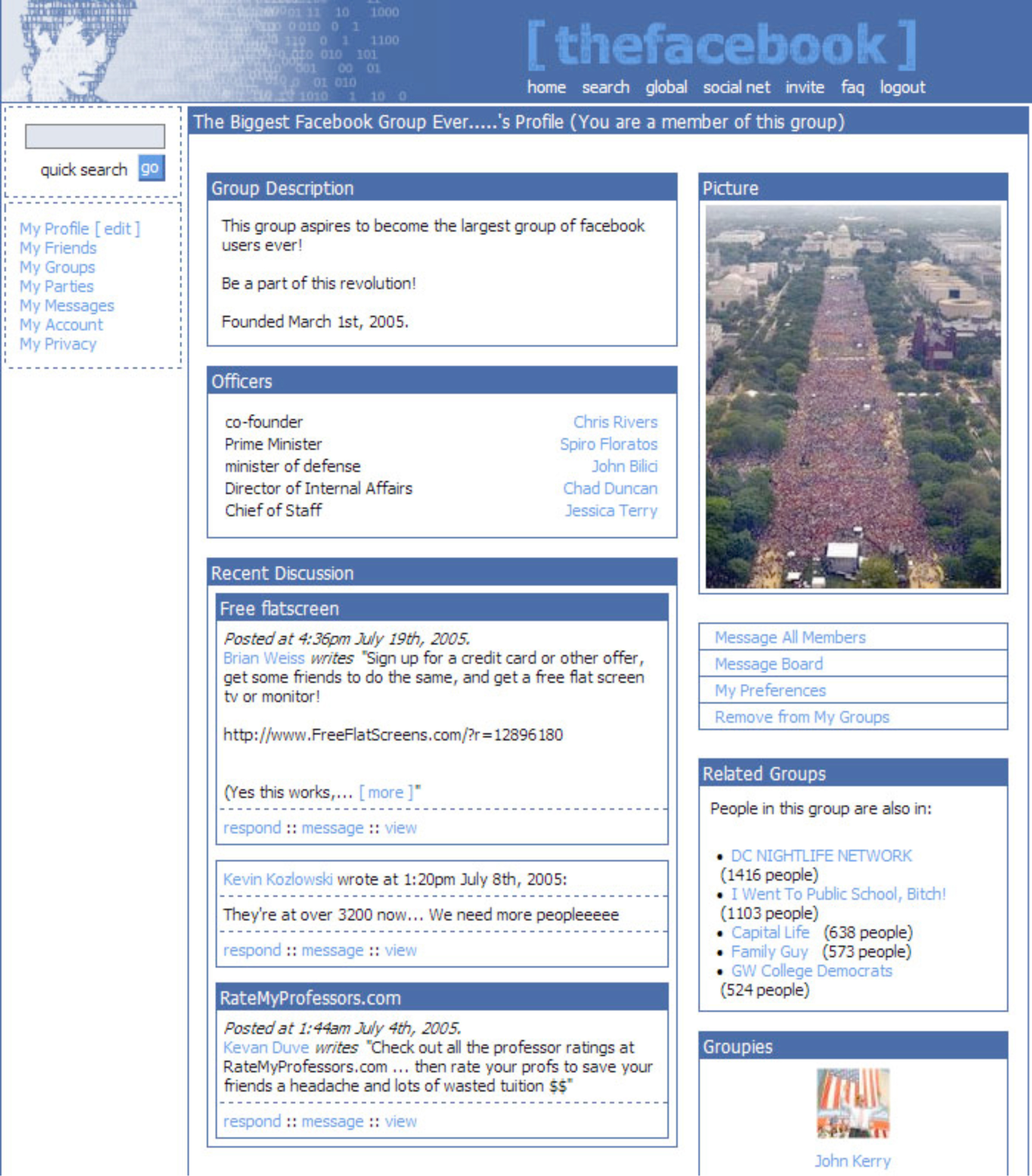
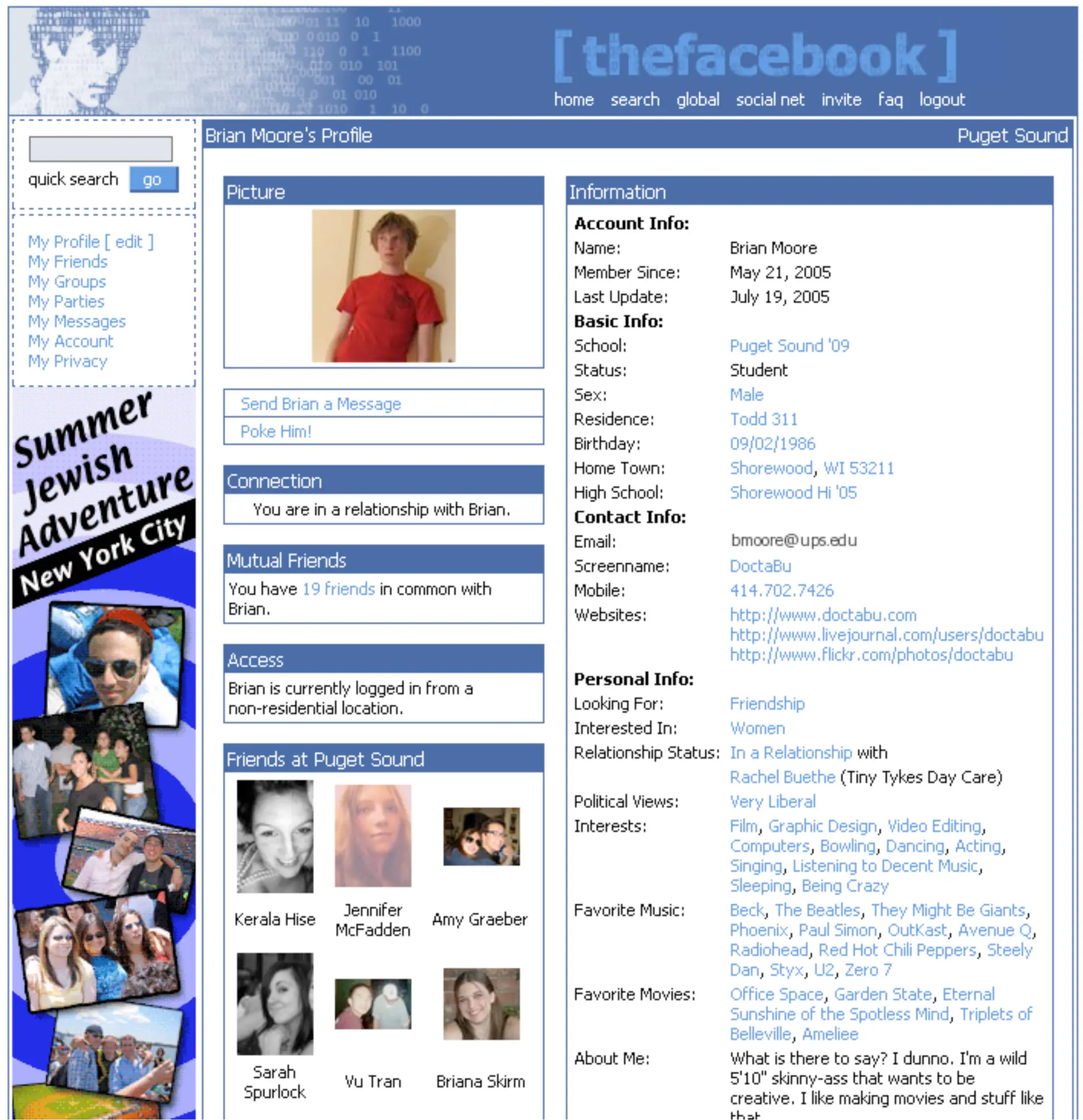
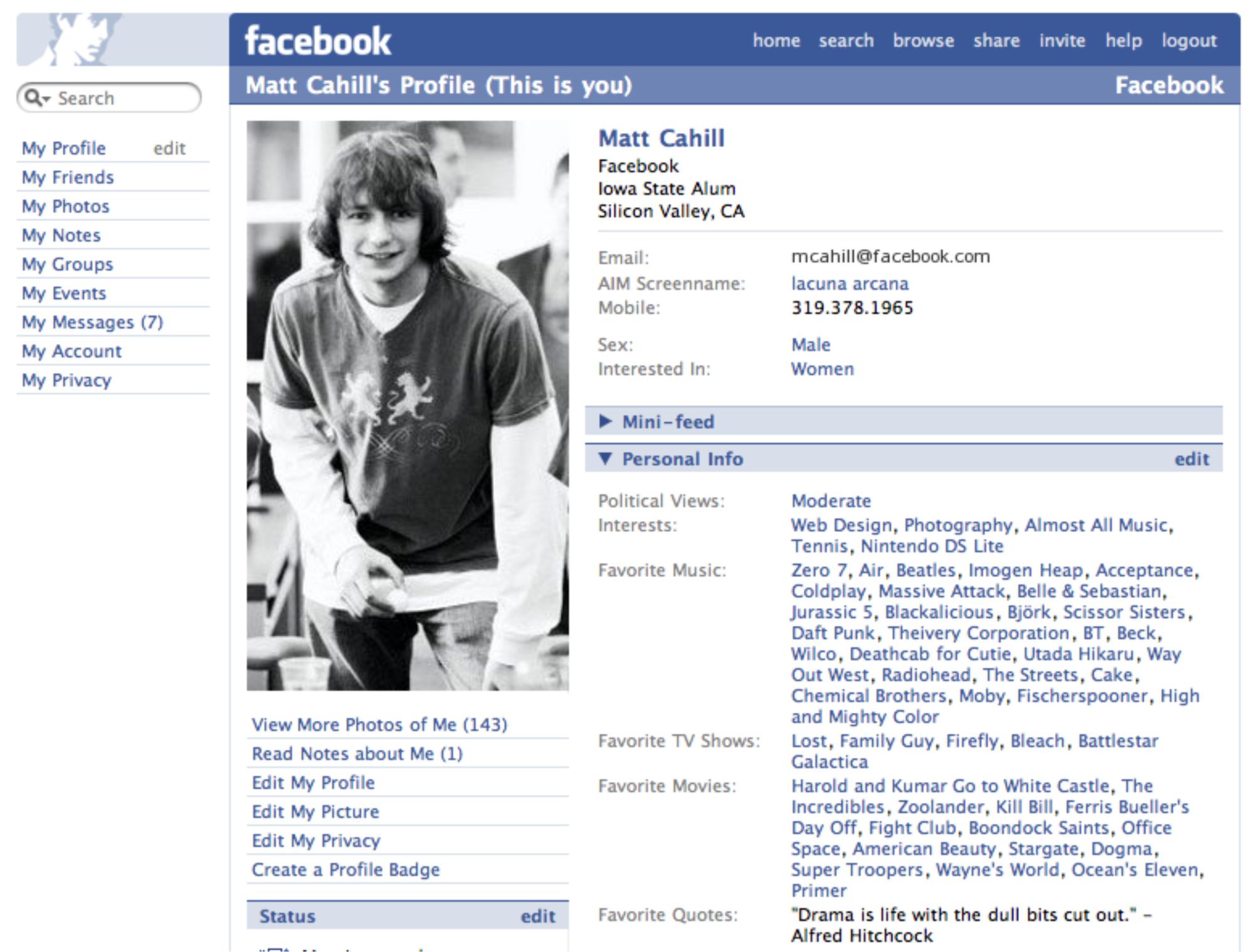
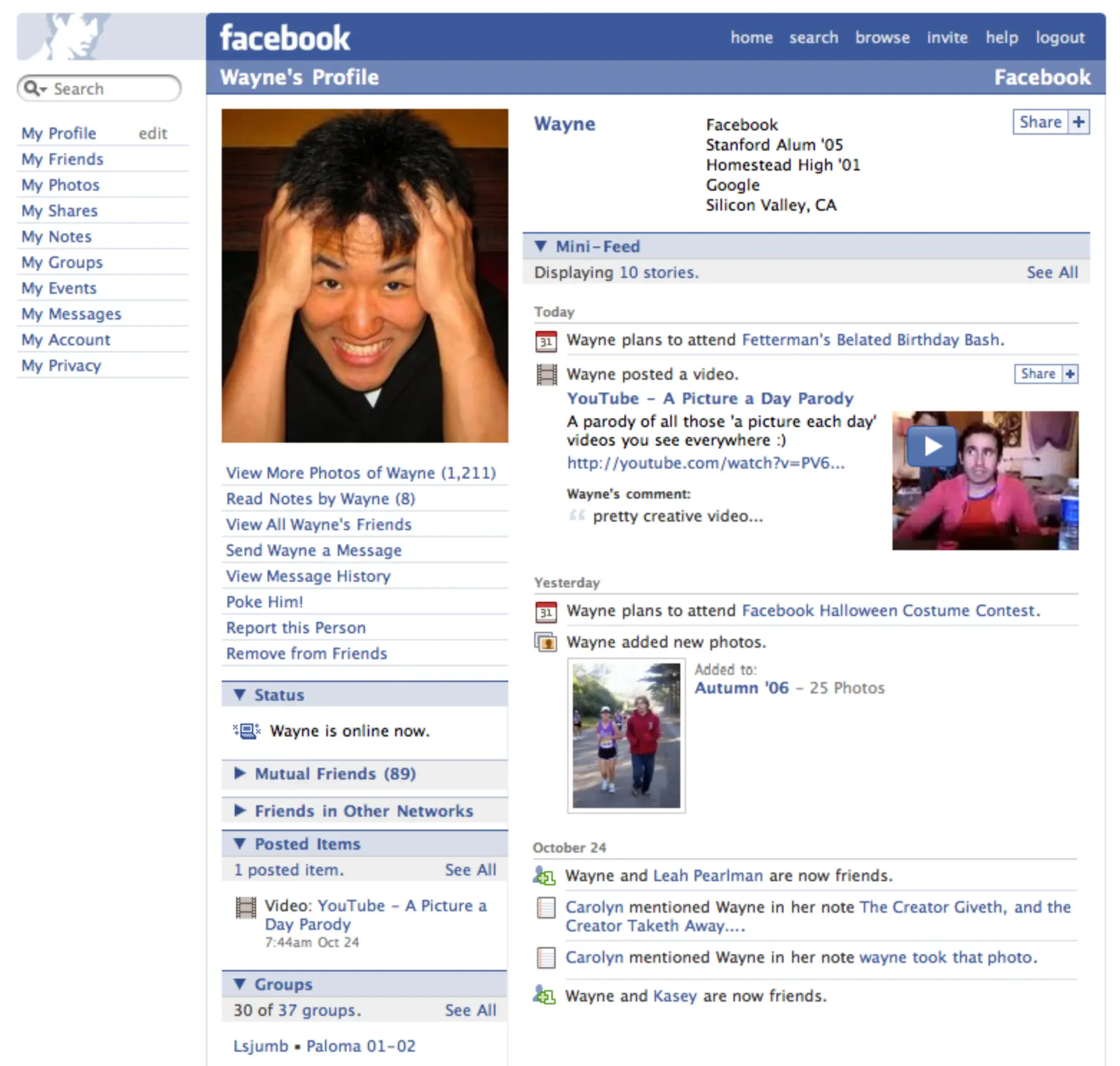
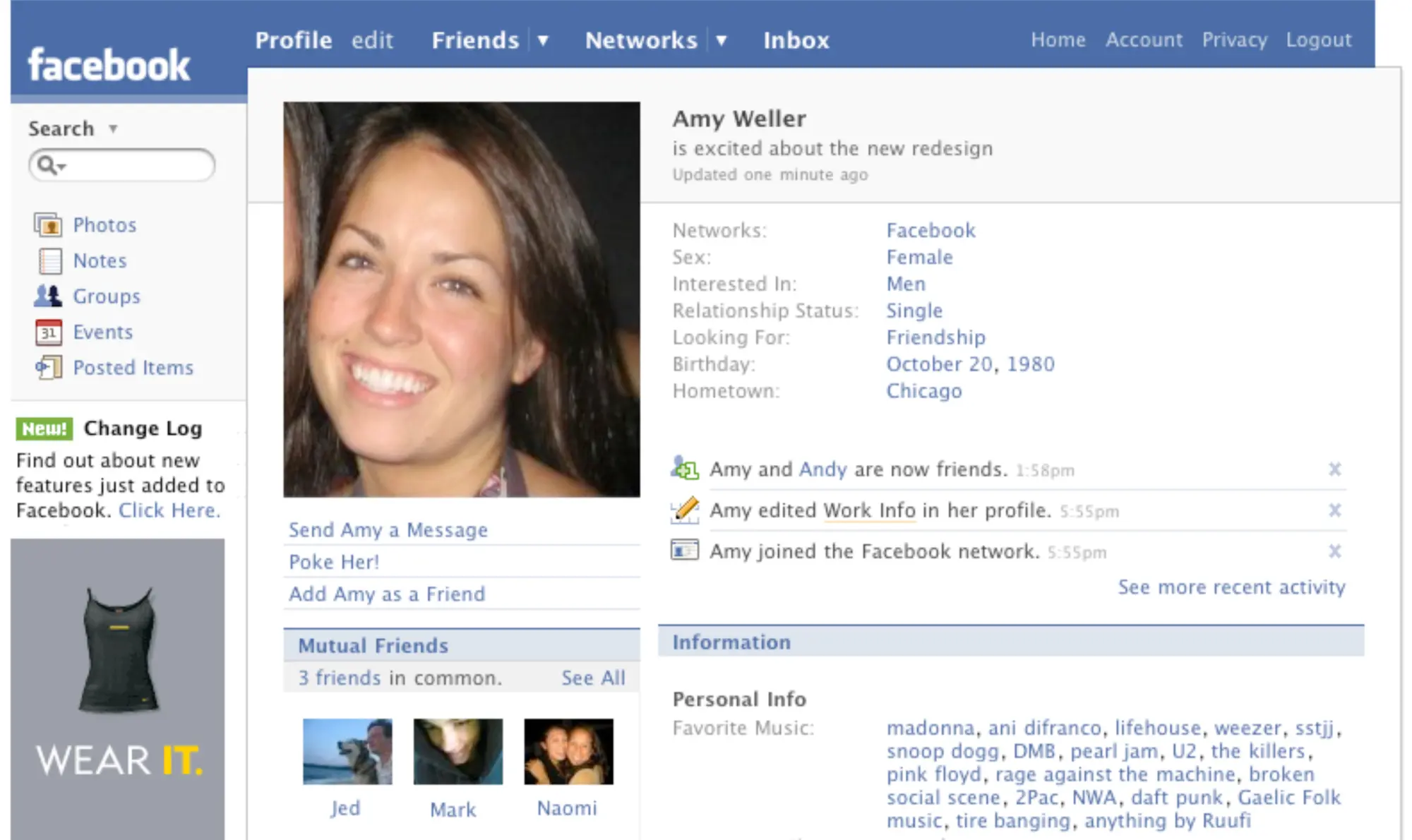
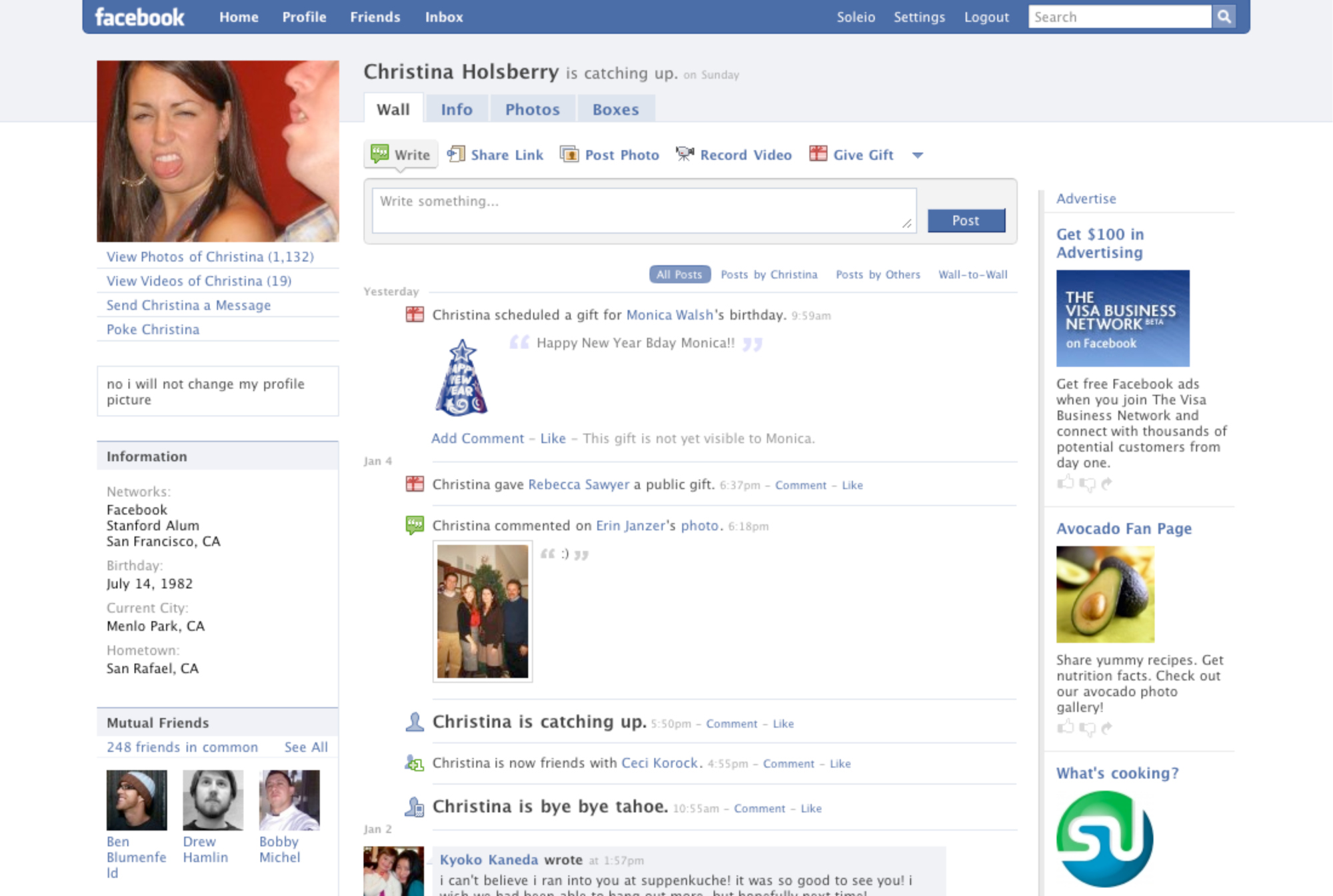
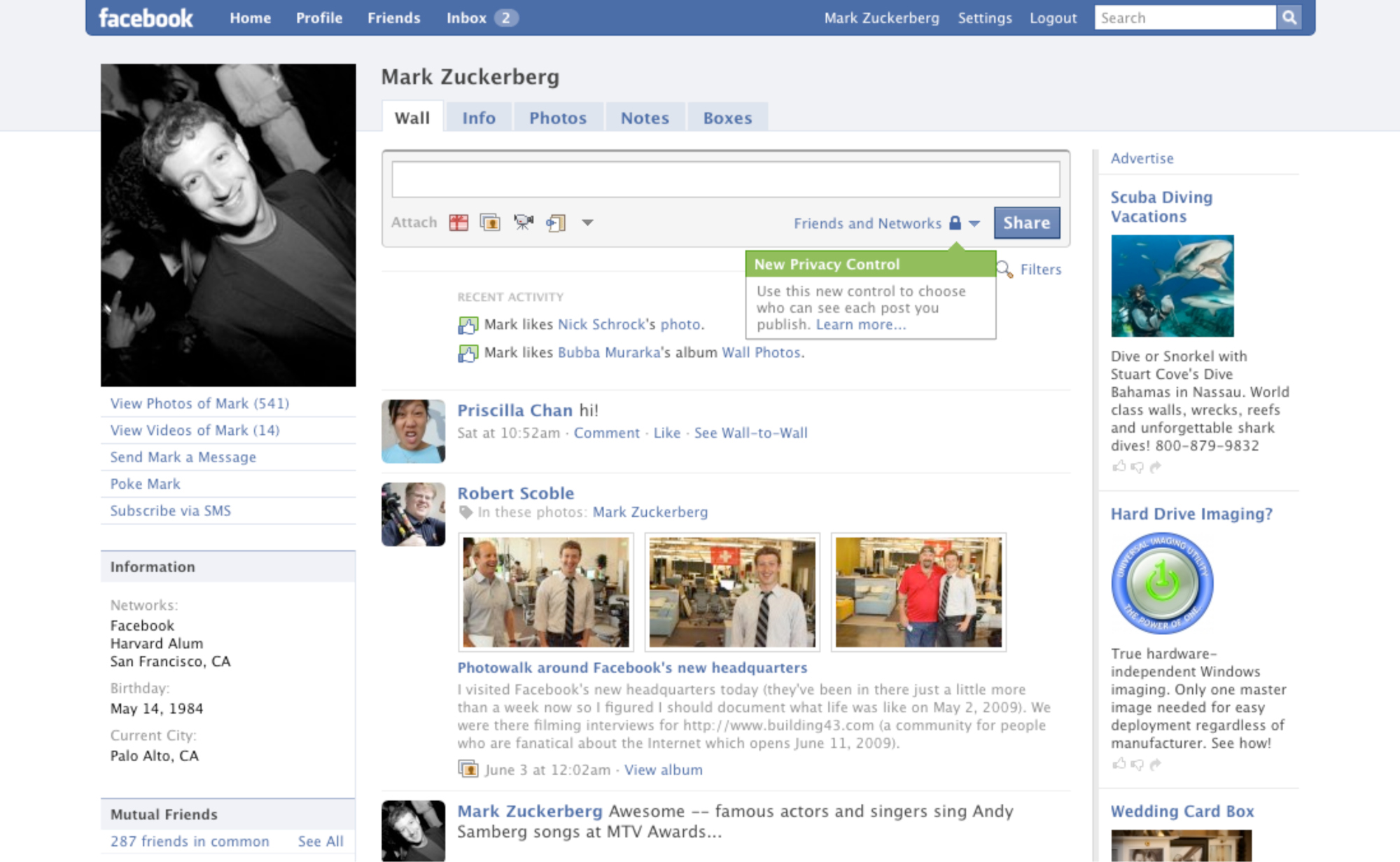
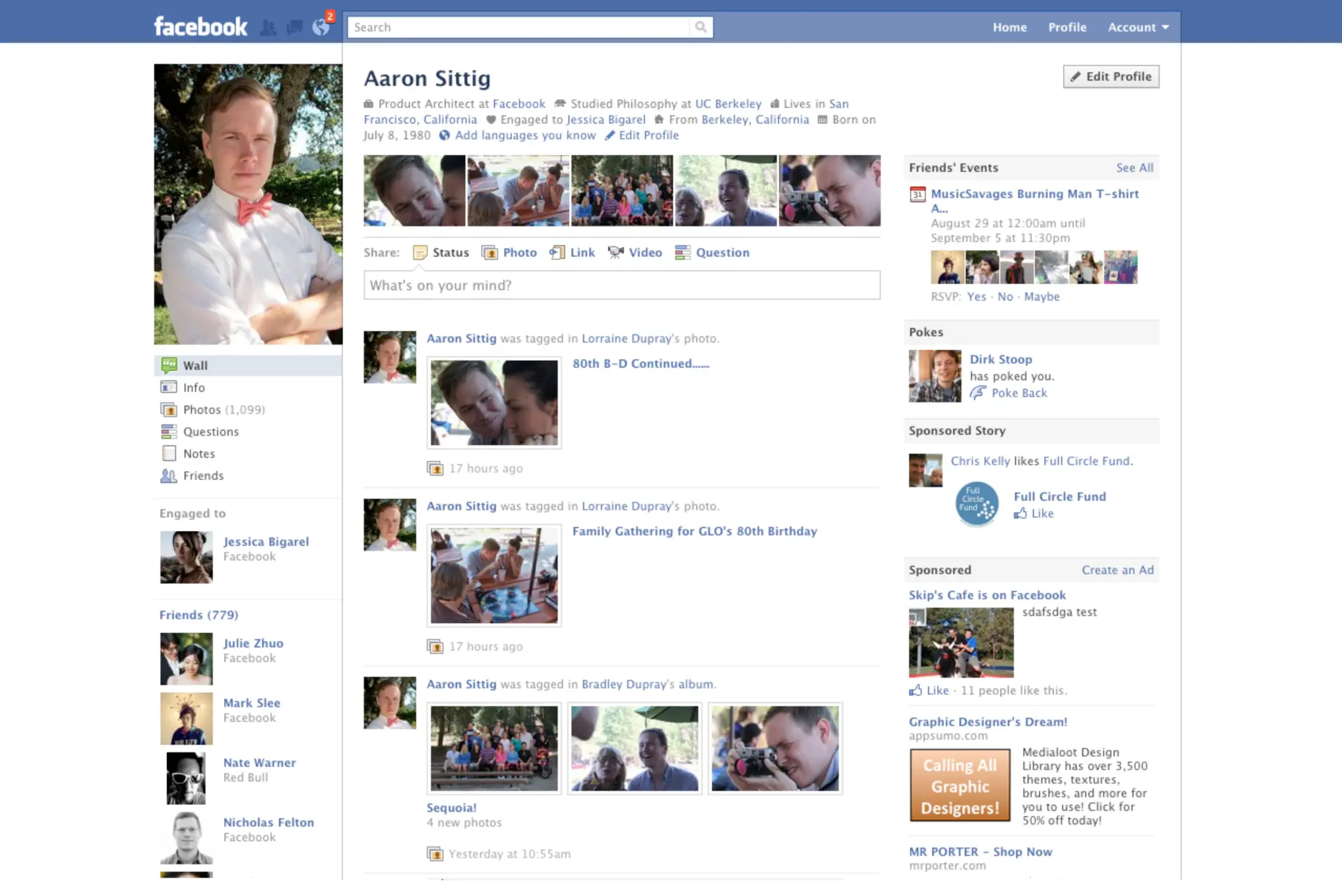
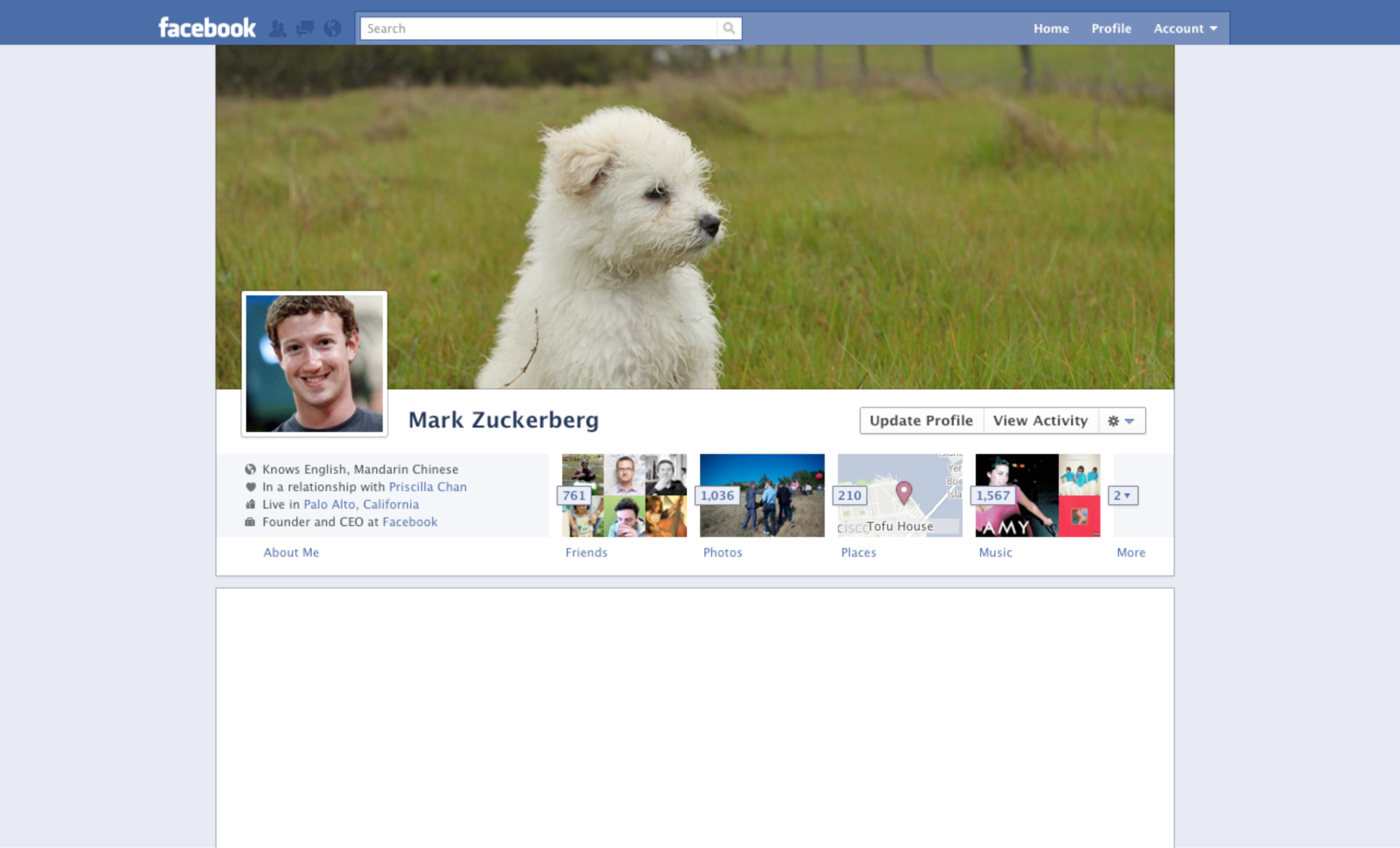
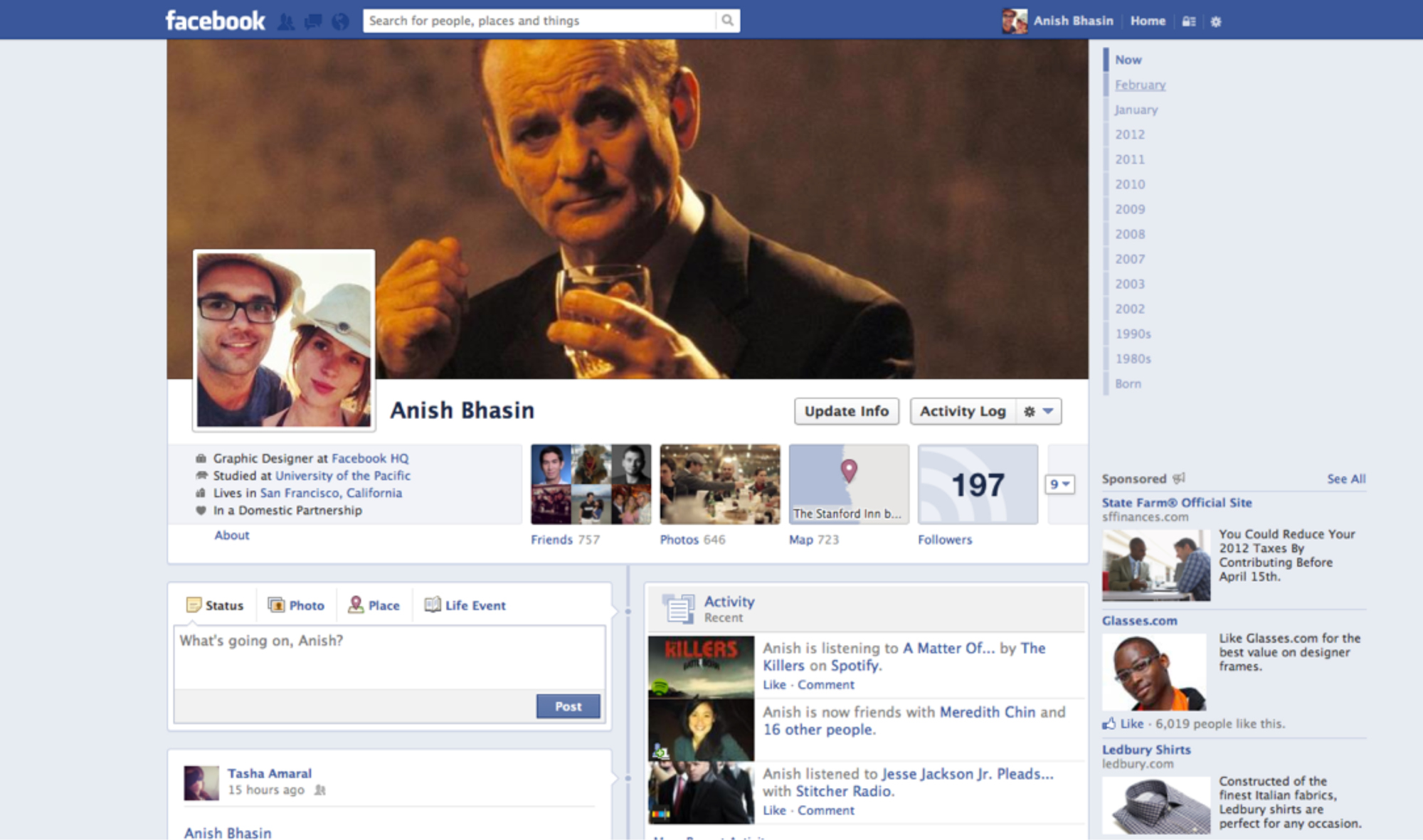
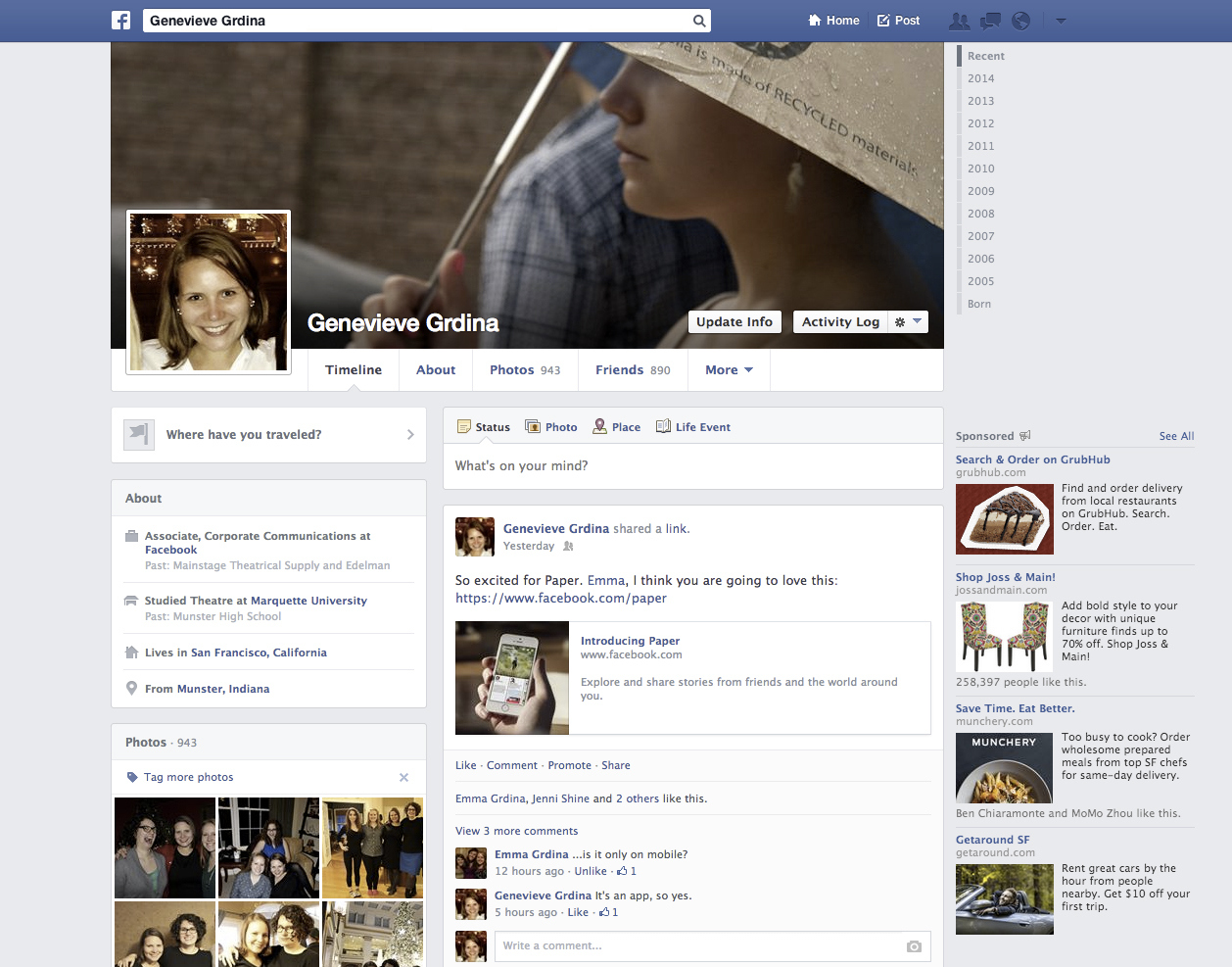
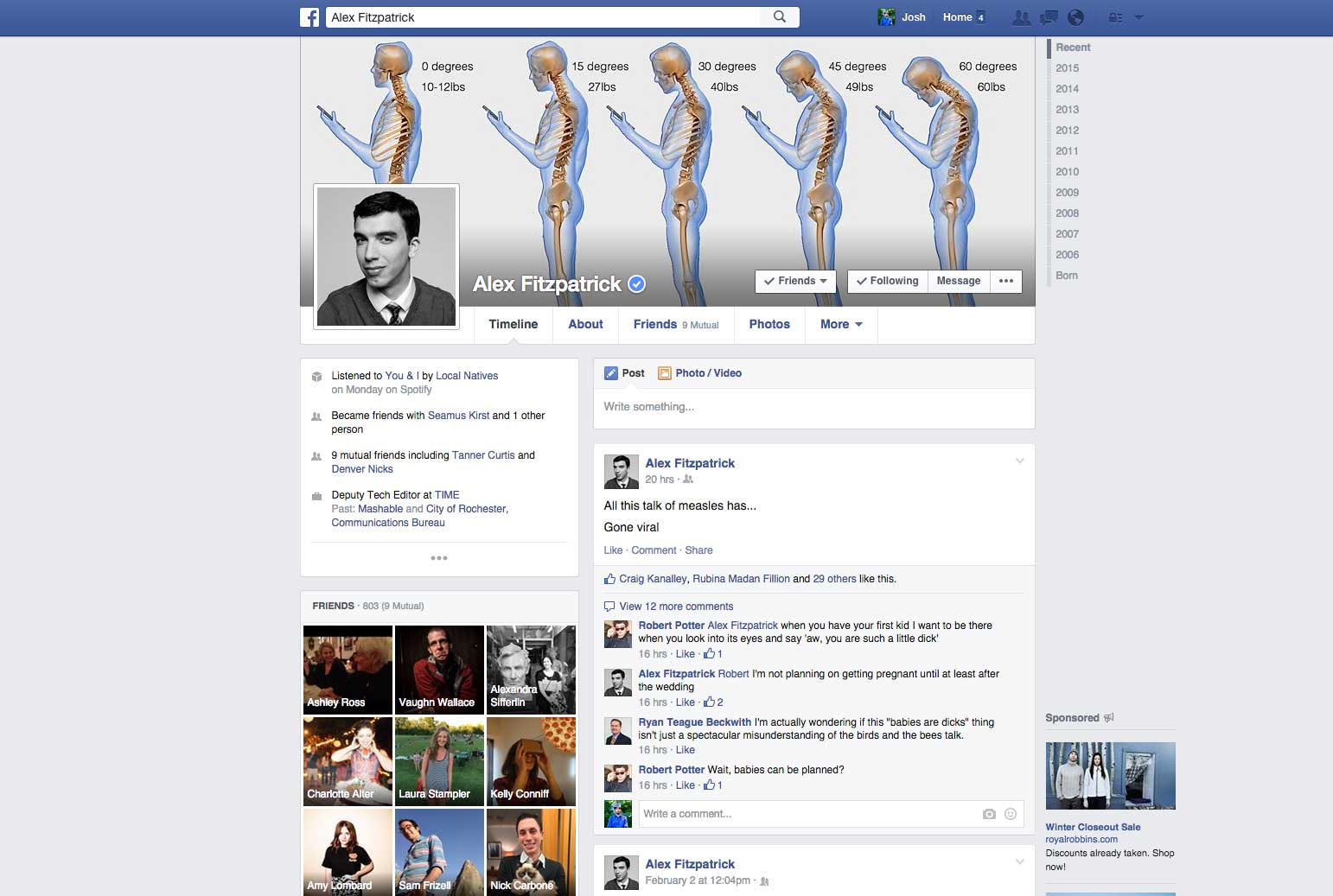
The revelations put Facebook in the hot seat as it continues to grow its influence in the media sphere. More than 1 billion people use Facebook daily and online publishers increasingly rely on it as a source of web traffic, which gives the social network potentially massive sway over the larger online conversation. Indeed, several top Republicans, like Republican National Committee chair Reince Priebus, held up Gizmodo’s story as evidence of what they perceive to be the company’s political leanings. (CEO Mark Zuckerberg recently took a thinly veiled shot at Republican presidential candidate Donald Trump, now the presumptive nominee. However, Zuckerberg also has close ties to New Jersey’s Republican governor, Chris Christie, now a central figure in Trump’s campaign.)
For its part, Facebook’s argument seems to be that it avoids web articles from sites it views as having a political bent one way or the other, preferring instead what might be characterized as “mainstream” outlets. That would mean Facebook’s team skips articles from sites like Breitbart or RedState, but it would similarly pass up stories from left-leaning domains, like The Daily Kos.
Here is Stocky’s post in full:
My team is responsible for Trending Topics, and I want to address today’s reports alleging that Facebook contractors manipulated Trending Topics to suppress stories of interest to conservatives. We take these reports extremely seriously, and have found no evidence that the anonymous allegations are true.
Facebook is a platform for people and perspectives from across the political spectrum. There are rigorous guidelines in place for the review team to ensure consistency and neutrality. These guidelines do not permit the suppression of political perspectives. Nor do they permit the prioritization of one viewpoint over another or one news outlet over another. These guidelines do not prohibit any news outlet from appearing in Trending Topics.
Trending Topics is designed to showcase the current conversation happening on Facebook. Popular topics are first surfaced by an algorithm, then audited by review team members to confirm that the topics are in fact trending news in the real world and not, for example, similar-sounding topics or misnomers.
We are proud that, in 2015, the US election was the most talked-about subject on Facebook, and we want to encourage that robust political discussion from all sides. We have in place strict guidelines for our trending topic reviewers as they audit topics surfaced algorithmically: reviewers are required to accept topics that reflect real world events, and are instructed to disregard junk or duplicate topics, hoaxes, or subjects with insufficient sources. Facebook does not allow or advise our reviewers to systematically discriminate against sources of any ideological origin and we’ve designed our tools to make that technically not feasible. At the same time, our reviewers’ actions are logged and reviewed, and violating our guidelines is a fireable offense.
There have been other anonymous allegations — for instance that we artificially forced #BlackLivesMatter to trend. We looked into that charge and found that it is untrue. We do not insert stories artificially into trending topics, and do not instruct our reviewers to do so. Our guidelines do permit reviewers to take steps to make topics more coherent, such as combining related topics into a single event (such as #starwars and#maythefourthbewithyou), to deliver a more integrated experience.
Our review guidelines for Trending Topics are under constant review, and we will continue to look for improvements. We will also keep looking into any questions about Trending Topics to ensure that people are matched with the stories that are predicted to be the most interesting to them, and to be sure that our methods are as neutral and effective as possible.
More Must-Reads from TIME
- Why Trump’s Message Worked on Latino Men
- What Trump’s Win Could Mean for Housing
- The 100 Must-Read Books of 2024
- Sleep Doctors Share the 1 Tip That’s Changed Their Lives
- Column: Let’s Bring Back Romance
- What It’s Like to Have Long COVID As a Kid
- FX’s Say Nothing Is the Must-Watch Political Thriller of 2024
- Merle Bombardieri Is Helping People Make the Baby Decision
Contact us at letters@time.com